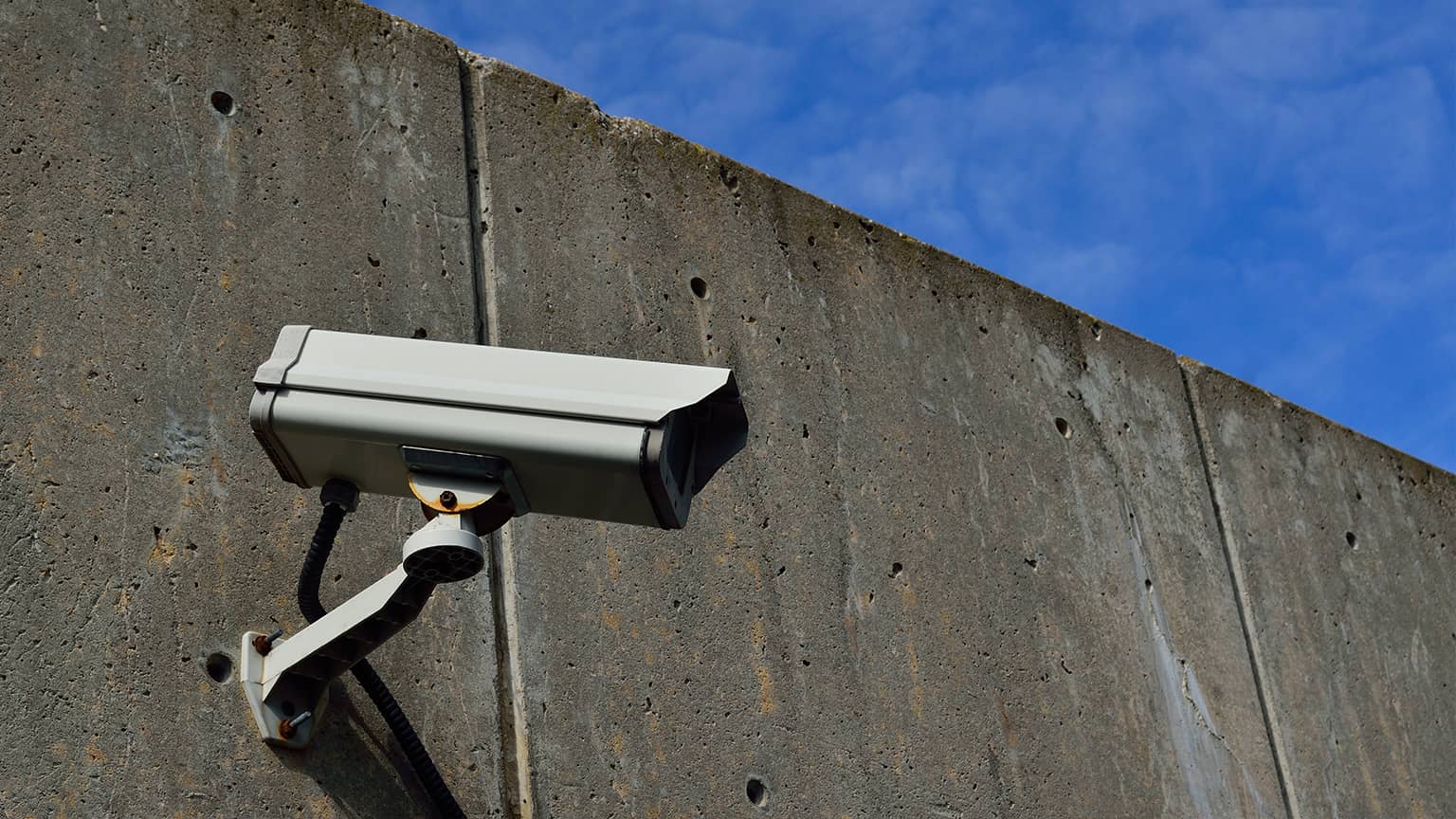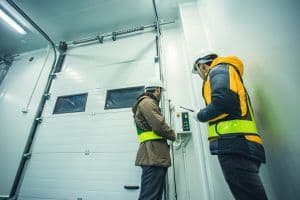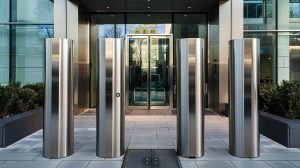How to Choose the Right Security System For Your Business
03 July, 2024
Nearly half a million UK businesses experienced crime in 2023, including 21% of non-public business premises. The wholesale and retail industries are most susceptible, but any company can become a victim of crime. Despite these statistics, only 1% of businesses have installed barriers on their premises, even though police have named access controls as an essential principle of crime prevention.
Installing a security system is one of the best investments a commercial business can make. It not only serves as a deterrent for internal and external theft and vandalism, but can provide evidence if a crime does take place.
Choosing the best fit for your business – and your budget – can be challenging. Here’s how to tackle the decision and make your business more secure.
1. Conduct a Security Assessment
A security assessment will help you identify the potential risk and vulnerabilities that your business may face, the assets and staff that need protection, and in some cases, whether or not you meet compliance requirements for your industry. You can do this assessment on your own, but it’s a good idea to do this via your security company or a professional consultant.
The assessment will determine:
- What the most likely threats against your business are (e.g. theft, shoplifting, terrorist threats, vandalism, internal theft)
- Where the weak points in the premises are (e.g. doors, gates, reception areas, counters)
- Which are the most valuable assets that need protection (e.g. personal and financial information, cash, high-value inventory, sensitive or hazardous equipment).
- The number of employees and visitors to the premises
- Laws or regulations that apply regarding security systems
The assessment will highlight areas that require urgent remediation or support, and provide insight into the type of security system you will need.
2. Prioritise Your Security Needs
While it’s to everyone’s benefit to install an adequate security system, some industries require security systems as part of regulatory due diligence. This may include:
- General Data Protection Regulation (UK GDPR): GDPR applies to most businesses processing personal data. This necessitates robust data security measures, including access controls, encryption, and incident response plans.
- Network and Information Systems (NIS) Regulations: NIS focuses on essential services operators (energy, transport, healthcare, etc.). It mandates specific security measures for systems and data, with details further outlined in the Digital Services Package (DSP) Regulation.
- British Standards (BS): While not strictly mandatory, adhering to relevant BS standards demonstrates good practice and can be a requirement for insurance purposes. Examples include intruder alarms (BS 4737 / BS EN 50131), CCTV systems (BS 8418), and police response for remotely monitored alarms (PD 6662:2010 and BS 8243).
Bear in mind that security compliance requirements do not overrule regulations such as the Disability Discrimination Act. Access controls and screens shouldn’t prevent differently abled customers, employees, or visitors from accessing or making use of the premises and services. Look for a security company that offers products in line with DDA compliance.
3. Choosing Your System
The next step is to choose the right system for your industry and business needs. CCTV systems use cameras to monitor and record your premises. CCTV helps business owners keep an eye on activities on the premises, provides evidence if a crime occurs, and serves as a deterrent to would-be criminals. Entrance control systems control which individuals can access specific parts of your business premises, improving safety of your staff and visitors and impeding criminals from making a quick exit.
Alarm systems alert the business in the event of an emergency (fire, flood, burglary) and are monitored by internal or external security professionals. This can assist the business with scaring off intruders and can minimise the damage caused.
For companies with vast grounds and large perimeters, perimeter security (including beams, senators, entrance controls, boom gates, and surveillance cameras) is required to effectively monitor and protect the business.
Choose a system and a provider that understands the unique needs of your industry:
- Public Sector: Public bodies hold a significant amount of sensitive citizen data. The UK GDPR enforces robust data security measures, including access and entrance controls, encryption, and incident response plans. This industry is particularly vulnerable to threats that include terrorism or violence from members of the public. Safes, entrance controls, counter barriers with security glazing, security doors, cash drawers and other products may be required to protect staff, data and assets.
- Private Sector: The private sector may face threats from the public or opportunistic criminals. They may handle sensitive information, large volumes of cash, or high-value inventory that needs protection. Certain industries, including finance or healthcare industries, may be subject to additional security regulations. Transfer units, security doors, entrance controls, CCTV, and alarms can protect staff, visitors, customers, and inventory.
- Retail Sector: The retail sector faces unique challenges, including an uptick in organised crime. Shoplifting, physical attacks and threats against staff, robberies, and other threats can drive up insurance costs, lead to reputational damage and a loss of inventory, and halt trading for an extended period of time. Security glazing, screens at the counterwork, cash drawers, safes and transfer units can ensure that high-risk retail environments, such as convenience stores and petrol forecourts, are kept safe.
Look for a provider that can customise your system to suit the aesthetic and flow of your business environment, e.g. transparent but glazed screens that offer protection without detracting from the decor, or doors and screens adjusted to fit existing counterwork. This not only looks more attractive, but can save money upfront.
4. Finding the Right Provider
There are multiple security providers that sell, install and maintain your commercial security system, but not all are created equal. Look for a business that has expertise working with industries like yours, with proven case studies, testimonials and ratings to back them up. If they are able to provide additional services as an add-on to the product they sell, even better. This can include monitoring, security assessments, modifications and custom builds, or maintenance.
Pricing shouldn’t be the most important factor, but it’s always good to compare and look for hidden costs.
If you are looking for a security system, and don’t know where to start, get in touch with Safetell. With over 30 years of proven experience installing and providing security solutions across a number of industries, we can offer the guidance, support, and service you need to secure your business. Let us work with you to design a security solution as unique as you are.












